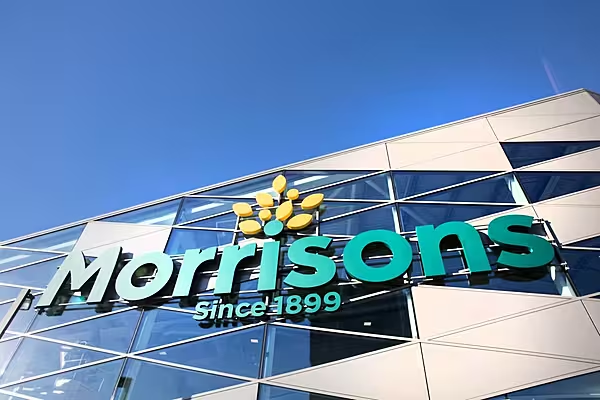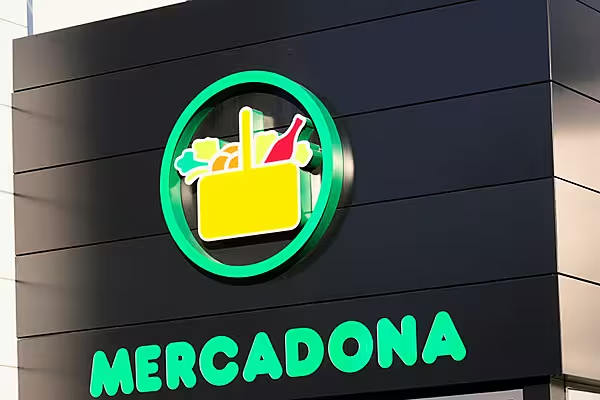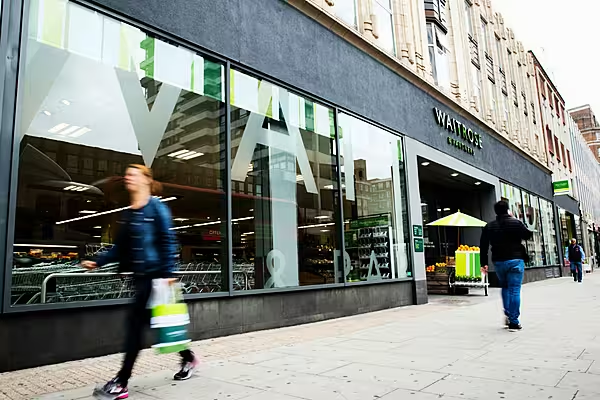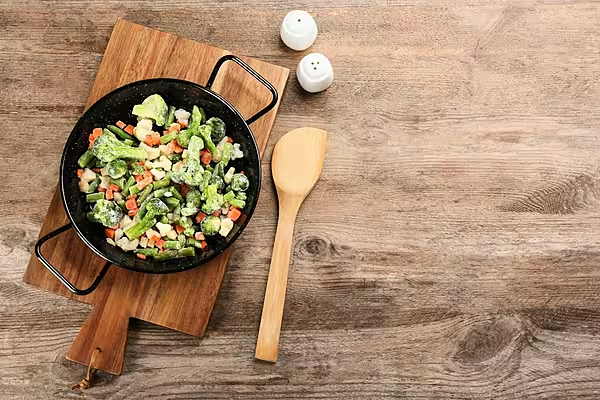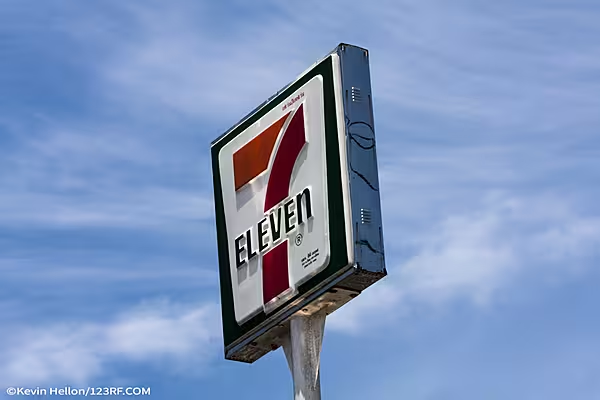German discounters Aldi and Lidl attained a landmark in their invasion of the UK grocery market, reaching a combined 10 per cent market share for the first time.
Data from researcher Kantar Worldpanel showed that the budget chains continue to grab customers from the established chains, with Lidl making particularly strong progress. Its sales growth accelerated to 19 per cent in the 12 weeks to Nov. 8, giving the company a record market share of 4.4 percent. Aldi’s sales rose 17 percent, meaning its market share was unchanged from the previous month at 5.6 percent.
The two discounters have added a million shoppers in the last year, Fraser McKevitt, Kantar Worldpanel’s head of retail and consumer insight, said in a statement. Their growth has eaten away at the sales and profit of Britain’s supermarket leaders. Sainsbury's said last week that grocery prices will continue to fall, as the UK's largest supermarkets needed to cut prices further.
"With plans to open hundreds of stores between them, they’ll noticeably widen their reach to the British population," McKevitt said of Aldi and Lidl.
Sainsbury’s bleak outlook saw its shares tumble last week, though its recent sales performance makes for better reading. Revenue rose 1.5 per cent in the last 12 weeks, meaning its market share rose by 0.2 percentage point from a year earlier to 16.6 per cent. That was the first increase of any of the UK's four main supermarkets since October 2014.
Sainsbury’s swapped places with Asda to become the UK’s second-largest supermarket, Kantar said. Asda’s sales declined 3.5 per cent and its market share slipped to 16.4 per cent.
Market leader Tesco's performance worsened, with 12- week sales dropping 2.5 per cent. Sales at Morrisons dropped 1.7 per cent, Kantar said.
News by Bloomberg, edited by ESM. To subscribe to ESM: The European Supermarket Magazine, click here.



